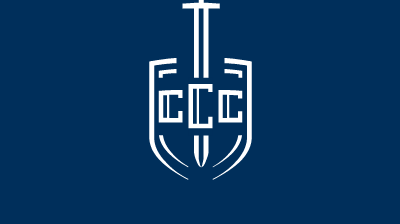Chapter 13 Tax Debt Relief
Did you know you can strike a better deal in bankruptcy court than you may be able to with the IRS? If you didn’t, now you know!
Though filing for Chapter 13 Bankruptcy is no decision to be taken lightly, you can find some relief in doing so, particularly with regards to dealing with creditors. The law states that once a Chapter 13 Bankruptcy case has been filed, creditors cannot start or continue collection efforts. Under Chapter 13, your home is safe from foreclosure, there are certain protections for co-signers, and all loans are consolidated for a trustee to disburse payments to various creditors. And did we mention the possibility of priority tax debt repayment at 0%?!
In order to qualify for Chapter 13, you must file all required tax returns in the four years before filing, you must continue to file all required returns and pay the taxes required in the period that your Chapter 13 bankruptcy is underway.
Chapter 13 bankruptcy classifies debts as either a priority claim or a non-priority unsecured claim. Priority debts include recent property taxes, required taxes that one is to withhold or collect such as for Medicare or FICA, employment taxes, excise taxes, and non-punitive tax debts. These kinds of debts must be paid in full however most people who file for bankruptcy only pay a portion of their non-priority claims, which might include some tax debts in certain circumstances. Unsecured claims can be paid but only after priority claims are fully paid. In most cases, repayment of these claims is only a certain percentage of the initial value compared to the value of if non exempt assets.
If filing for Chapter 13 might be a viable solution for your tax debt, contact us to discuss the process and the benefits to you.

